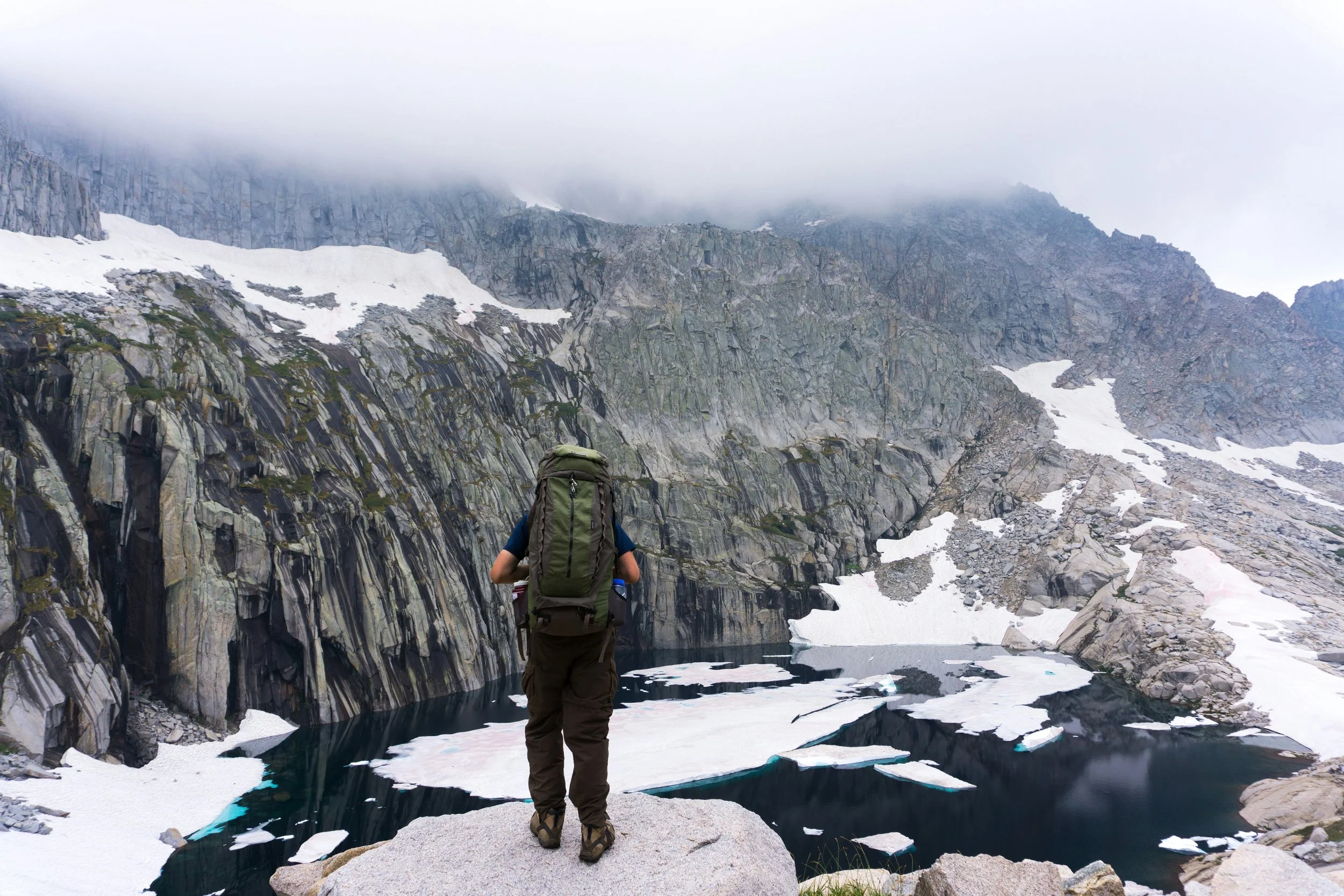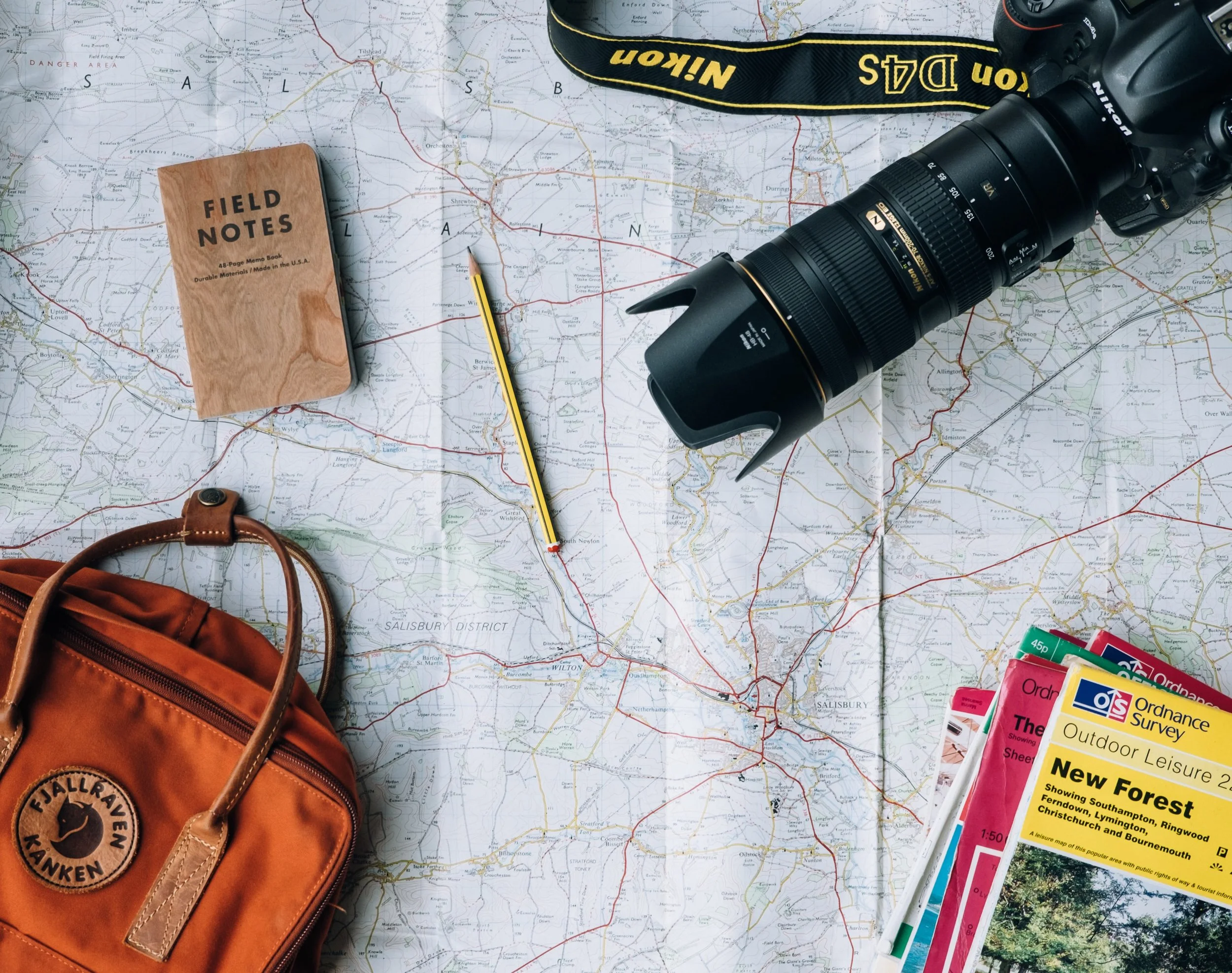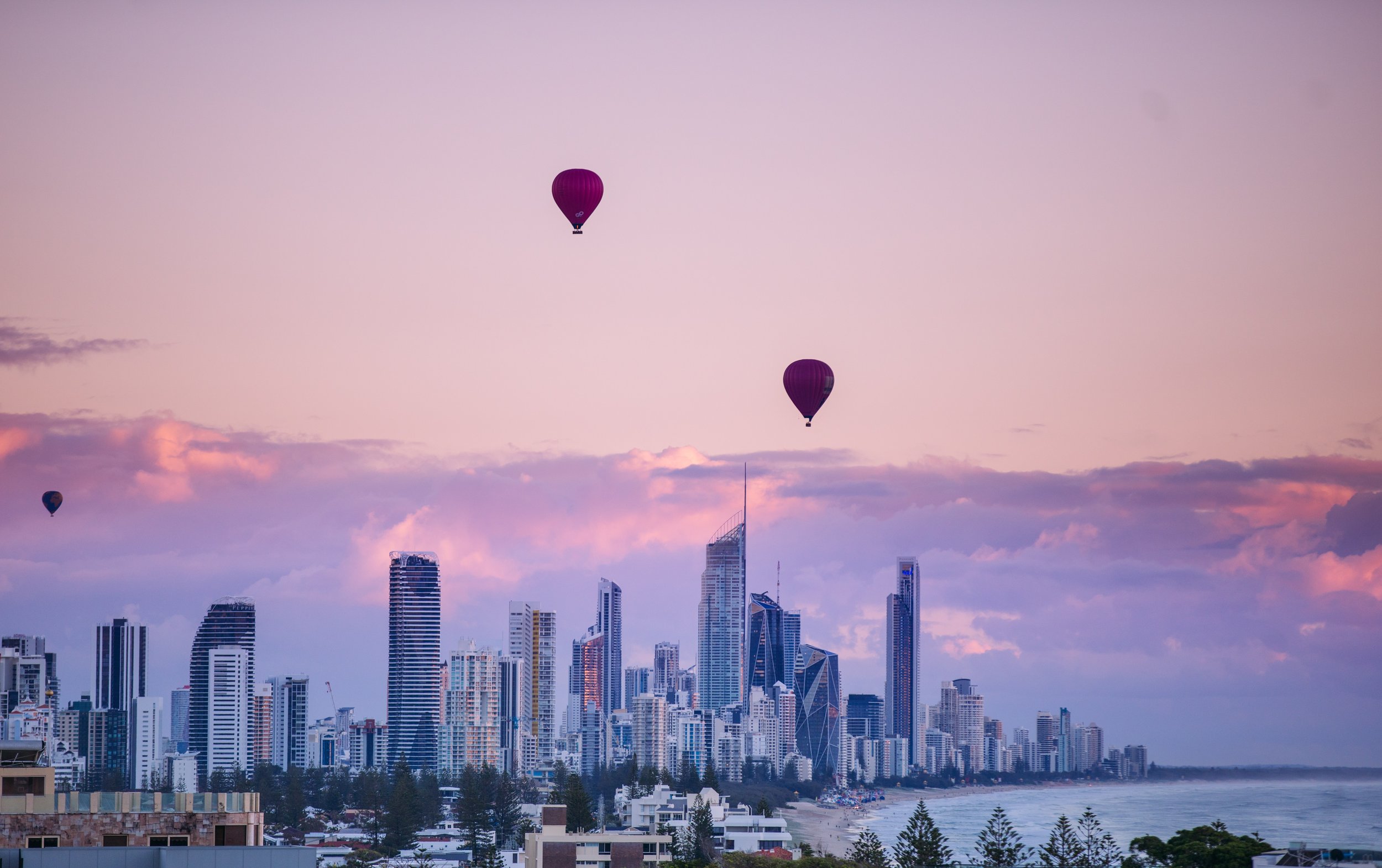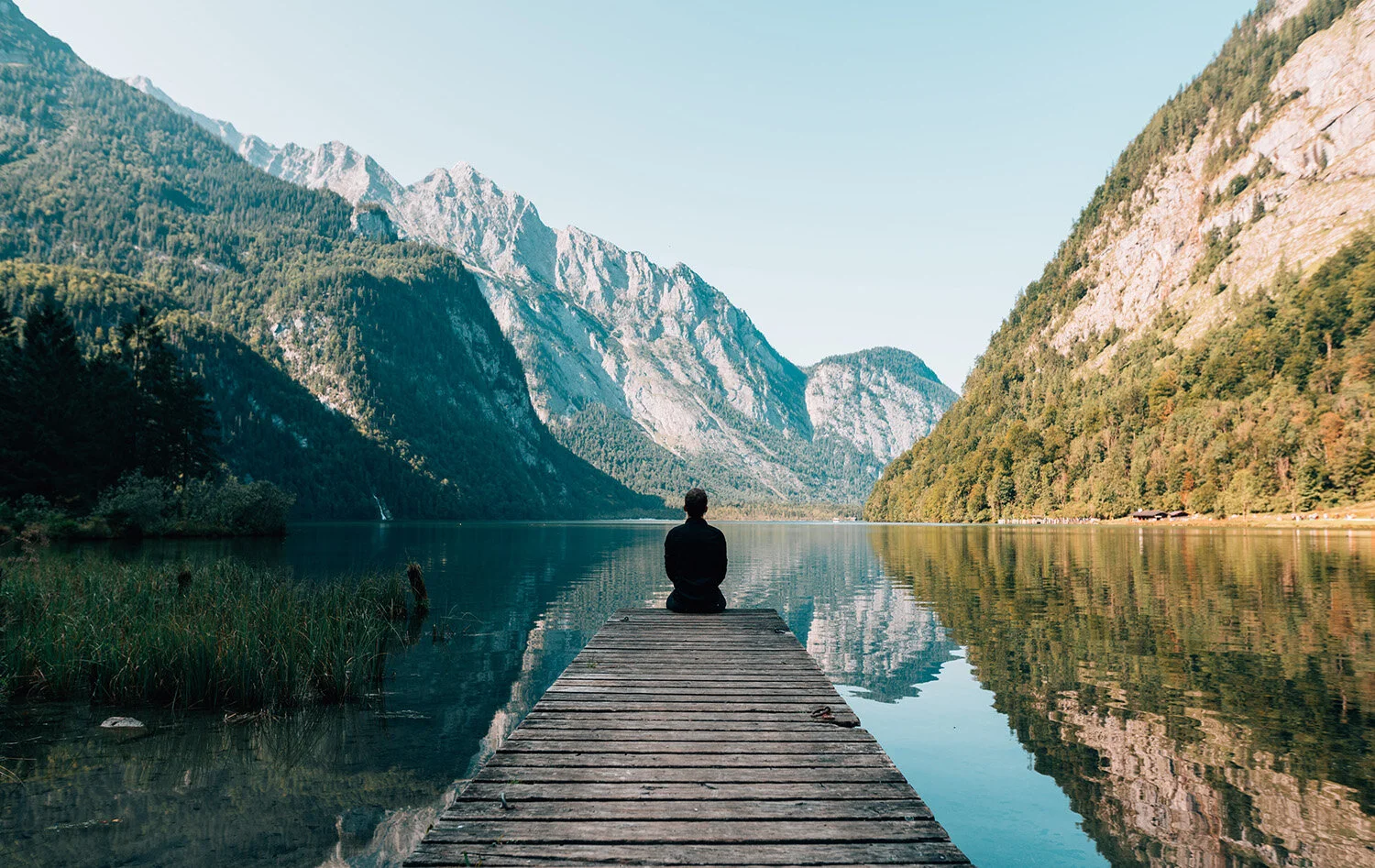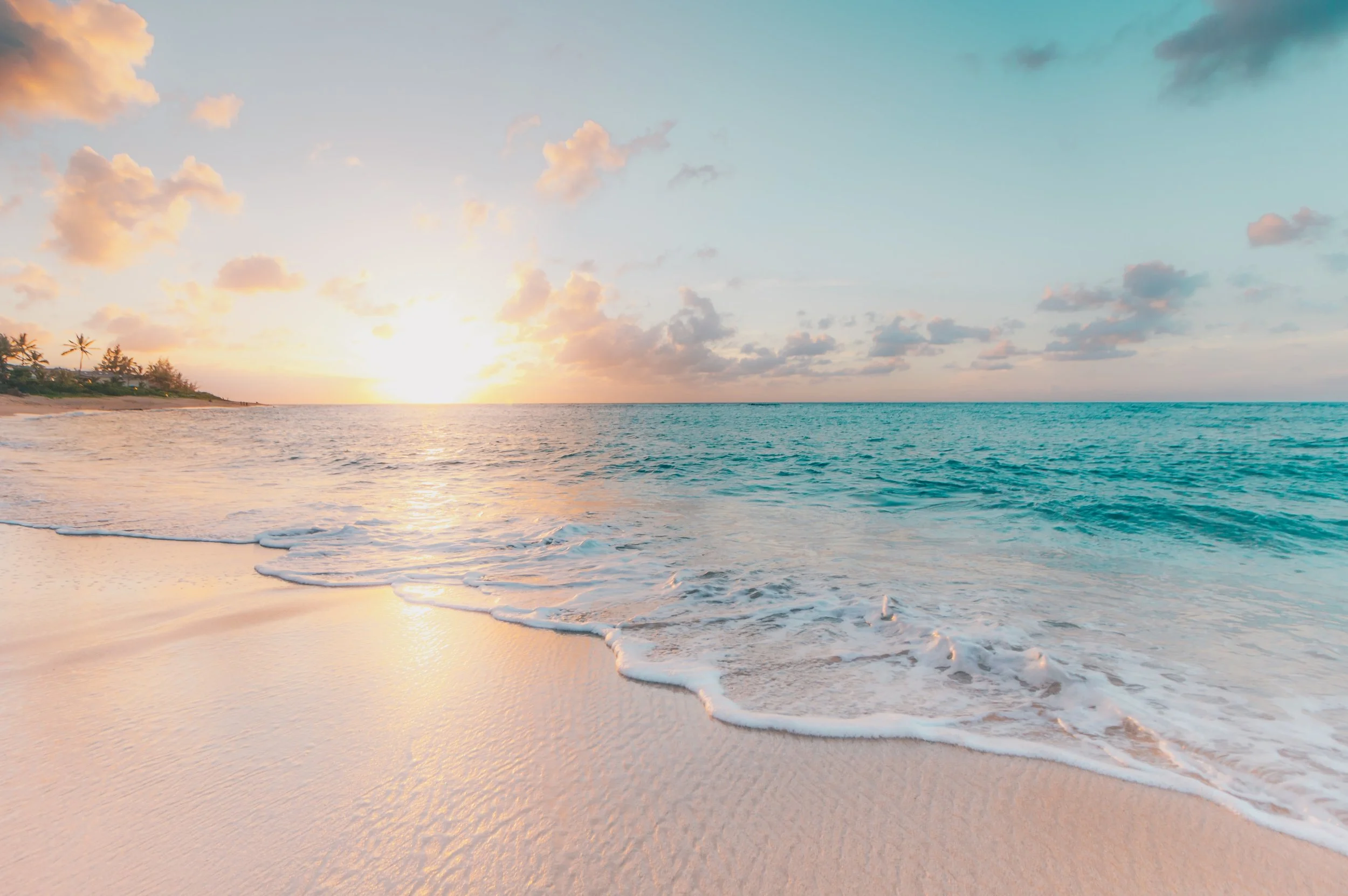“Made in…” series is a personal project of HandZaround, which focuses on discovering creative brands, artists and local enterprises, who have a positive impact on local culture and community.
' 'Jamarko' , a Nepali word for effort is an initiative to help conserve our environment, our home.
Jamarko is an effort of two Nepali sisters, Aruna Lacoul and Muna Shrestha, striving to work for the betterment of their society. It began with the belief that everyone must take responsibility on the environment, and not simply look at others to do the hard work.
Jamarko was established in 2001 as a small cottage industry (...) with the view on contributing towards environmental conservation as well as providing employment to the underprivileged, especially women. '
We met with and talked to Kritica Lacoul about what Jamarko really is and how it works. Read our interview below:
How did it all start with Jamarko?
'It was my mother and her sister; they were really concerned about the pollution about 15 years ago, and about the environment. In the neighbourhood nearby, they saw people throwing the garbage on the street and they started asking them why won’t they collect their rubbish in a proper way. People didn’t want to listen to them. Even the shopkeepers, they were sweeping their shops and swept all out to the street. They really didn’t like that so soon they thought ‘Why don’t we make the effort instead of just telling people, who don’t even listen?!’
'Even the shopkeepers, they were sweeping their shops and swept all out to the street.'
How did it all evolve?
‘Before they started their business, they approached the government to ask for help and ask why don’t they use recycled paper, since it was such a good cause. The government [like other people] wasn’t too bothered about the environment either. They thought ‘Even though it’s only a small change, why don’t we start anyways.’ And this is how they started with their business.’
So, in Jamarko, you’re using the recycled paper, but also lokta paper found only in Nepal, is that right?
‘Yes – we couldn’t sustain ourselves using just the recycled paper because they are different preferences within our customers. Recycled paper looks not so bright and [doesn’t have such] high quality. E.g. writers want thicker and brighter paper. This is why we had to come up with an alternative, which is Lokta paper [indigenious to Nepal]. We get Lokta paper from others, however products are still made by us. The Lokta paper is sustainable as well though, as it’s made only from the bark of the tree, the roots are not touched and the trees continue to grow.’
Can you tell us about the challenges Jamarko has faced?
‘There were challenges with the government - what happens is the projects come up and the government gets interested in them but once a project comes to an end, they are not bothered about it anymore.
Also, Jamarko is the only recycling business that has survived continuously since its beginnings. People have opened similar businesses but they stopped because there are many challenges out there and it’s very hard to sustain it.
We tried to help people coming out of ‘street childhood’ [by employing them], however it was hard because they weren’t devoted to the job, once they earned the money, they would leave us.’
What gives you the most satisfaction in working for Jamarko?
‘Now people recognize that Jamarko is the recycling company, and that was what we were looking for, [especially] my mother and her sister, I’ve been here just for 5 years. Now I’m just starting to look after the office and the production side but before I was just focused on the shop. It was opened to promote Jamarko’s products. It gives me satisfaction that we sustain the business not only using Lokta paper but using recycled paper to do products that are all hand-made in Nepal.’
What sort of people do you employ?
‘We want to help society so we try to employ underprivileged people. We also employ physically challenged people. And we specially focus on employing women so their lives can become better and they can become independent. Because here, you must have seen the Nepalese culture, usually the male is the dominant person in the family and we try to change it.’
'Because here, you must have seen the Nepalese culture, usually the male is the dominant person in the family and we try to change it.’
Where is your production site?
‘Our production site is near Thamel [the part of Kathmandu most popular within tourists] but the recycling factory is in Pokhara. ’
How do you collect all the recycling material? Where does it come from? Do you have people who go and get it?
‘Before, we used to keep bins in different locations, which people used to dispose their paper to. But this caused more work for us because people didn’t separate their rubbish and threw away everything. So the costs of recycling became very high for us, since we had to segregate everything and we also had to pay for transporting it all. So what we decided was that we would go and collect the paper straight from the offices. We have people, who go to the offices and collect the recycling material, they also go to different villages to do so.
Also, before we used to only ‘take’ but it’s not enough if you just take paper from people, they also should need to use it later. So we changed our policy. We decided that if you want to dispose your paper rubbish to us in bulk, we will take it, but you also need to buy the office products [needed for your business] from us. Lots of the people think that recycling is easy and collecting paper is enough to sustain ourselves, but it’s a costly process.’
'Lots of the people think that recycling is easy and collecting paper is enough to sustain ourselves, but it’s a costly process.’
Who are your biggest customers? Who buys your products?
‘All different groups of the society buy things from our shop. Individuals but also offices supply themselves at Jamarko. There are some organisations that also support us, e.g. Helvetas, which is a Swiss Intercooperation, thanks to them we get orders from Switzerland every year, which helps us a lot.’
How do you imagine Jamarko in the future?
‘As for me, I would like to involve more recycling [in our business]. Also, I know that people would like to see more recycled paper businesses to open up. I would also like Jamarko to expand from being national, to international.’
